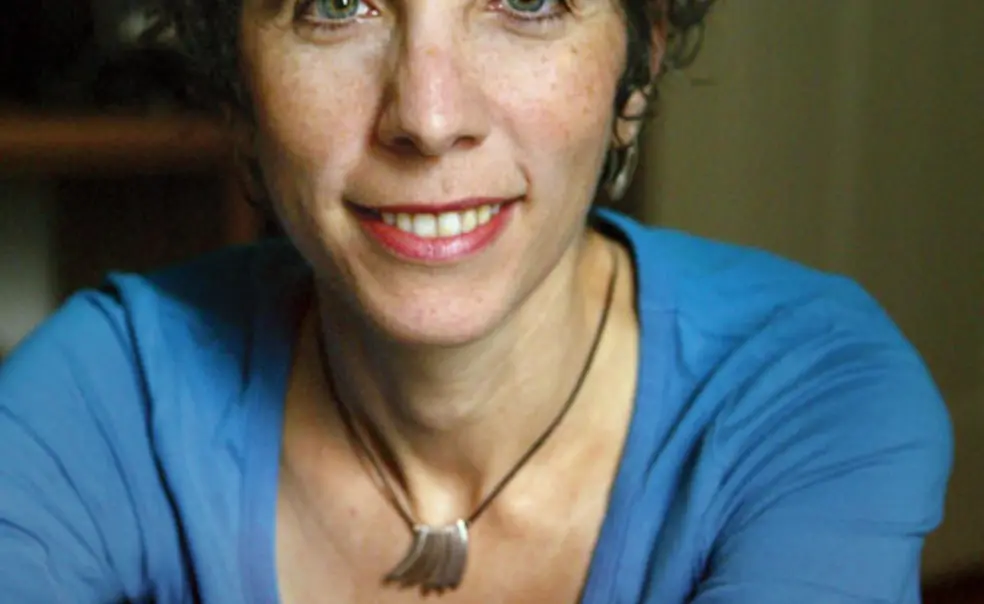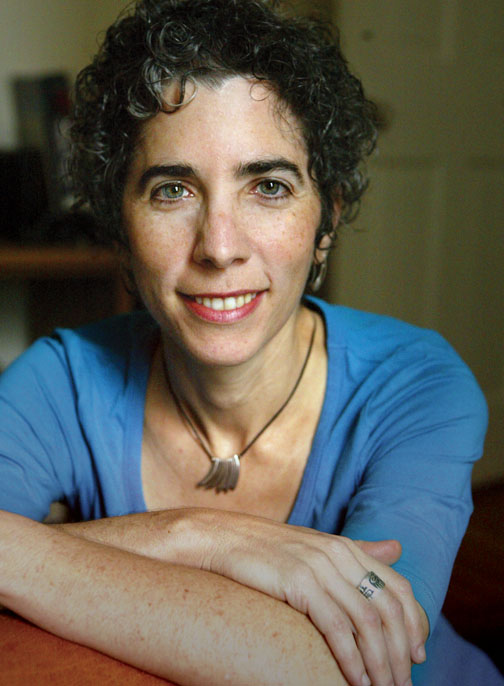Hayley Gorenberg ’87, advocate for LGBT rights
Hayley Gorenberg ’87 is deputy legal director for Lambda Legal, the oldest and largest national legal organization dedicated to combating discrimination against lesbian, gay, bisexual, and transgender (LGBT) individuals and people with HIV. Employed as a journalist after graduating from Princeton, she then earned a law degree and became a legal advocate for low-income clients in New York City on such issues as lead poisoning and discrimination against people with HIV. She has been at Lambda Legal since 2003. PAW interviewed Gorenberg as the University was planning its first alumni conference on LGBT issues, scheduled for April 11–13, 2013.
How did your involvement in gay rights begin?
It goes back at least as far as high school. This may be a bit of a stereotype, but it came from being involved in local theater — getting to know adults in the theater world who were out. Later, I was involved in peer-to-peer counseling at Princeton, and I had close friends who I thought at the time were gay, and I don’t think they were supported enough by their family and friends to come out. I wanted to contribute to making sure that wasn’t the case for other people.
Are you gay yourself?
No, but often people assume I am. Sometimes I let people go with the assumption. But it can be thought-provoking to “out” myself as straight — it can trigger those who assumed I’m gay to contemplate that all of us can think about equality, and not just when our own rights are being directly repressed. I’ve come to feel like the work I do is all the more important as the mother of two young daughters. At its core, a lot of my work has to do with how damaging it is for us to inflict limits on people based on their gender, and on our ideas of what it is to be “enough of a man,” or “enough of a woman,” or the “right kind” of man or woman.
What issues are you working on these days at Lambda Legal?
Our wheelhouse is taking cases to court, but we also do a sliver of lobbying as permitted by law, on issues like job discrimination based on sexual orientation. Among the most publicly acclaimed cases now being considered for acceptance by the Supreme Court are those challenging the Defense of Marriage Act. It’s key that we take on and bring down all the places where discrimination based on sexual orientation is formally allowed — it’s prejudice wrongly enshrined as law. I’m the lead attorney on a case that says New Jersey is violating the Constitution by barring access to marriage. New Jersey has a civil-union law, which doesn’t cut it.
There’s been a lot of public attention to our marriage work, but that’s less than one-quarter of our docket. I do a lot of work addressing the school environment for young people perceived as LGBT or questioning their sexuality: anti-bullying, fighting harassment and discrimination, supporting curricula that promote respect for everyone.
What factors have helped make Americans more tolerant of LGBT individuals?
You’re interviewing me on National Coming Out Day! People coming out absolutely makes a huge difference. When family and friends and neighbors realize they know LGBT people, it allows them to understand and respect them as people. And I can’t help but be enthusiastic when NFL players [Brendon Ayanbadejo of the Baltimore Ravens and Chris Kluwe of the Minnesota Vikings] want to say strongly and colorfully that gay people should have equal rights. Having allies speak out makes an enormous difference.
What kind of experience did gay students have on campus when you were at Princeton?
Awareness and visibility and support were paltry. I remember that the same three men who were willing to be photographed basically became the public face of being gay at Princeton, so it looked like there were just three. I knew there were others, but there was very little discussion or support. Certainly there was no celebration of lesbian and gay identity. I think the University has come miles and miles since then. I’ve become prouder and prouder to be a Princeton grad as time has gone by. To have this conference at the University feels like we’ve advanced light years.
— Interview conducted and condensed by Louis Jacobson ’92













No responses yet